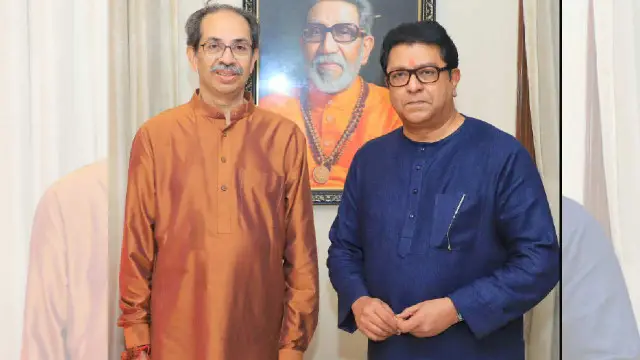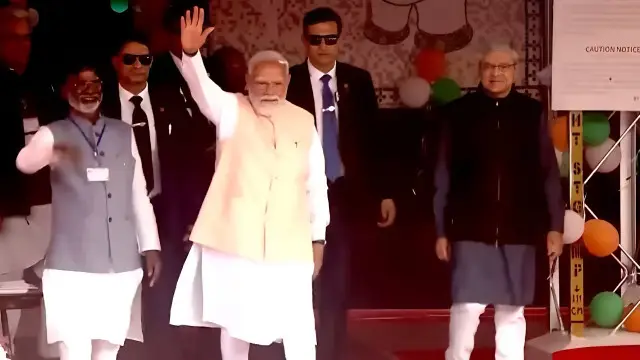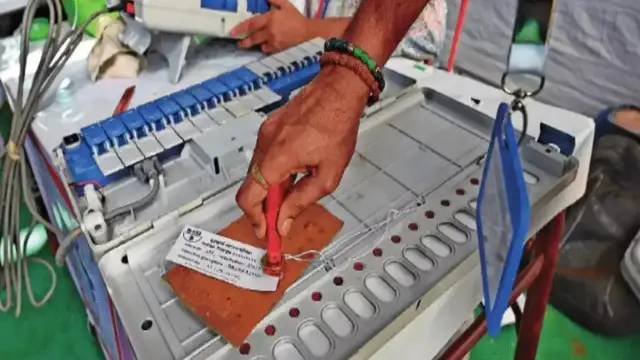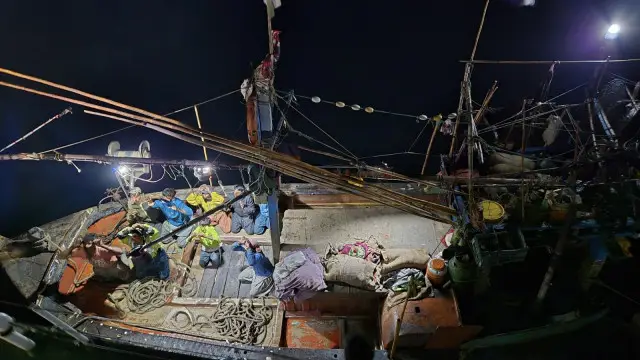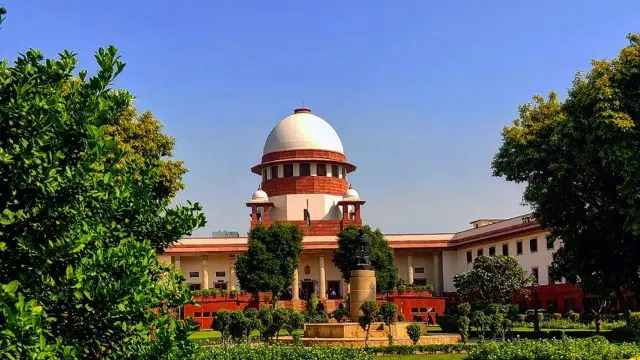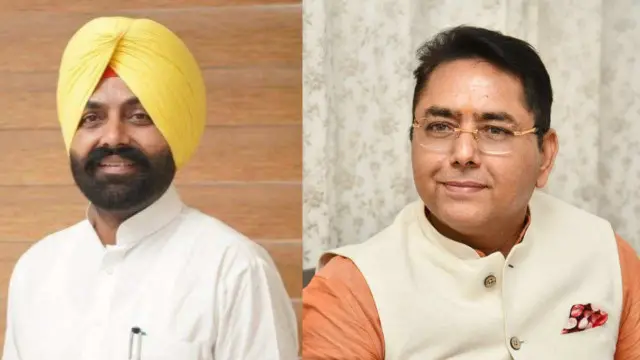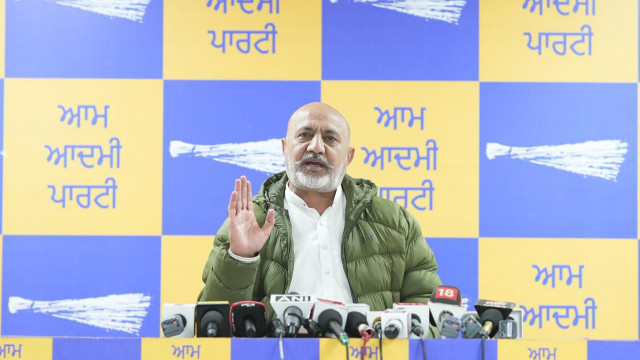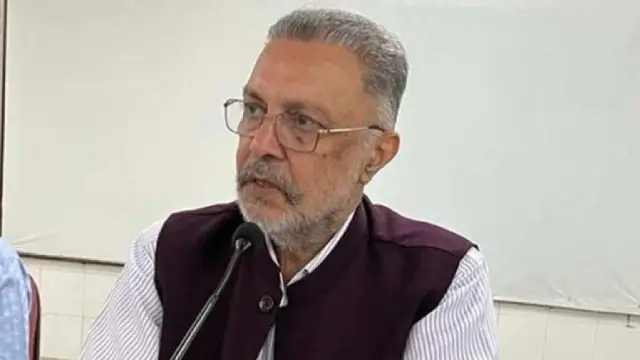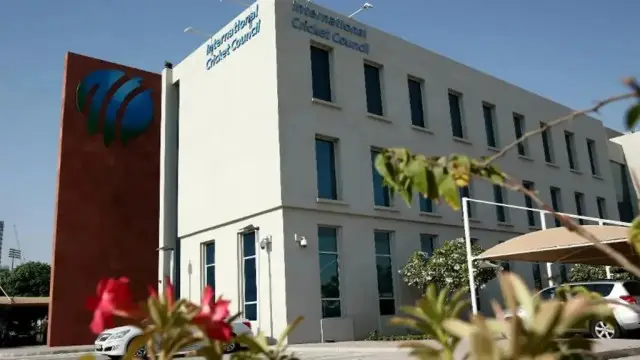Delhi Water Supply to Go Private: Eight Zones to Be Managed by Operators
In a major overhaul, the Delhi government has announced plans to privatize the city’s water supply by dividing the Delhi Jal Board (DJB) into eight zones, each managed by private operators.
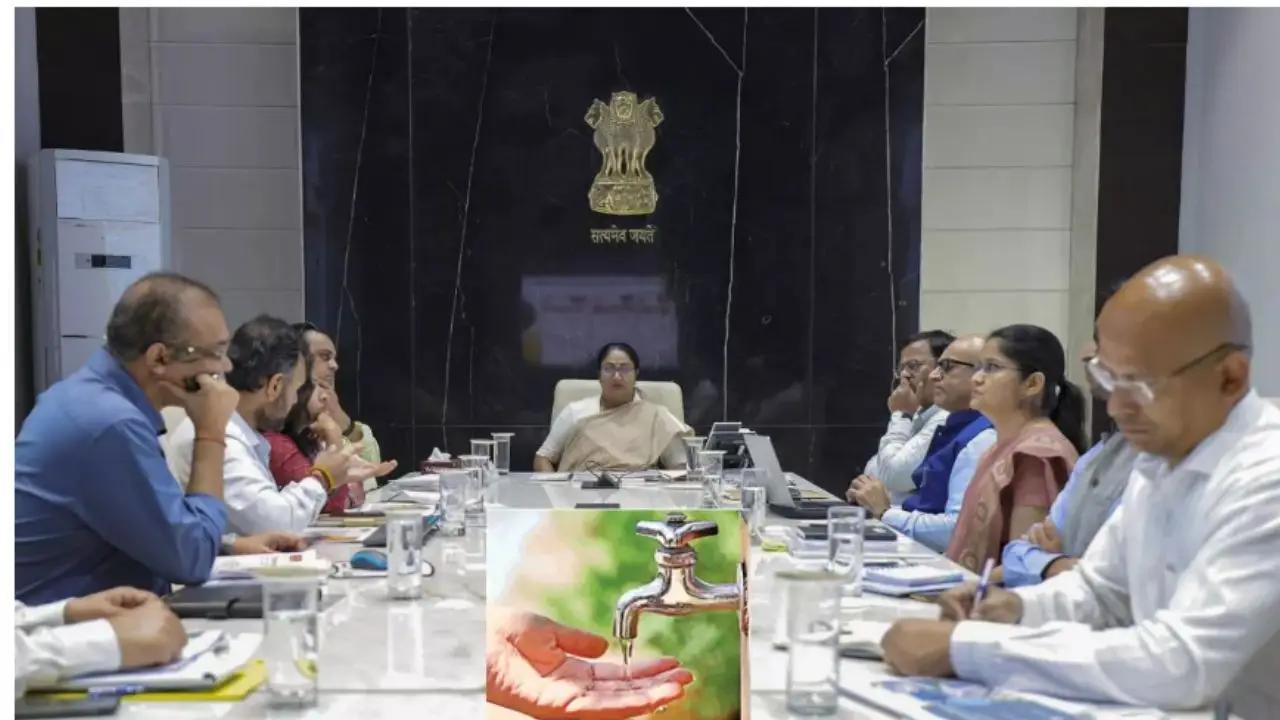
The Delhi government announced a bold plan to privatize the city’s water supply, dividing the Delhi Jal Board (DJB) into eight zones, each managed by private operators. These operators will oversee water distribution, sewer line maintenance, and bill collection, aiming to streamline operations in a city grappling with chronic water shortages. The move comes as Delhi loses an estimated 50-52% of its water due to leaks and inefficiencies, a problem the government believes privatization can address.
A New Model for Water Management
The authorities claim that private operators will bring advanced technology and expertise to reduce water wastage and ensure a more reliable supply. By modernizing infrastructure and improving billing accuracy, the government envisions a system where every household receives adequate water without the current inefficiencies. Officials cite successful privatization models in other countries, arguing that professional management could transform Delhi’s water landscape, particularly in underserved areas prone to tanker dependency.
Delhi Water Supply to Go Private
Resident Welfare Associations (RWAs) across Delhi have fiercely opposed the plan, warning of potential financial burdens on consumers. Drawing parallels with the privatization of electricity, which led to higher tariffs and erratic billing, RWAs argue that water, a basic necessity, should remain under public control. Residents fear that private operators, driven by profit motives, may prioritize affluent areas while neglecting low-income neighborhoods, exacerbating inequities. Protests are already brewing, with RWAs demanding transparency and public consultation before the plan is implemented.




